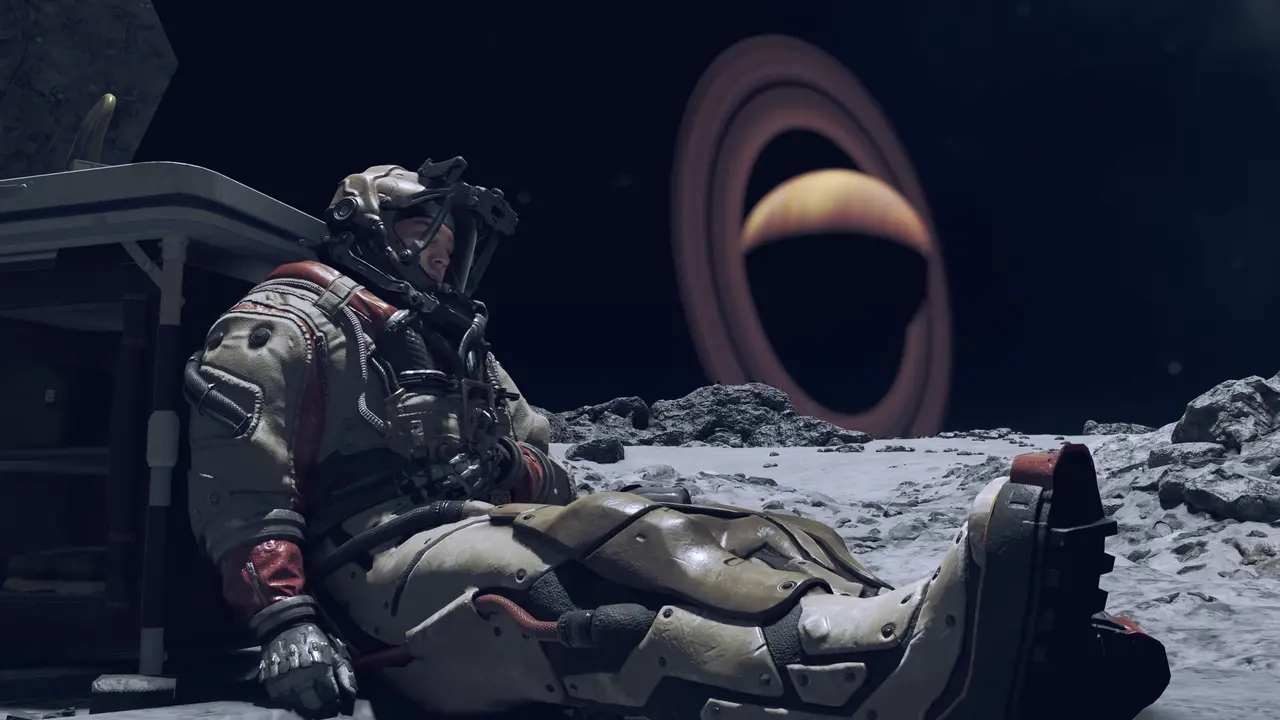It’s a debate as old as role-playing games themselves: should players have to deal with encumbrance?
The recent release of Larian’s Baldur’s Gate 3 and Bethesda’s Starfield have thrust the encumbrance debate back into the headlines, with both games employing a system that restricts how much stuff you can carry.
While each game employs systems and mechanics that let you carry more and more, it is inevitable that as a player, you’re going to have to spend a decent chunk of your time fussing with managing your character or characters’ carry weight limit.
In Starfield’s case, encumbrance is a big enough issue for some that they are willing to lose access to gaining achievements in order to increase the carry limit via console commands on PC. This in turn has made a mod designed to prevent the achievements from being disabled one of the most popular on NexusMods.



Encumbrance is supposed to provide a type of challenge, and realism. Though how realistic is carrying more than like, one extra weapon really? Also, it is a weird thing to get hung up on for “realism’s” sake. The best possible argument for encumbrance is forcing players to make choices. In roguelikes for example, you very often only get to choose from a limited number of rewards. In that sense it’s really fun, but you cannot go back on your choice. With encumbrance, if you must, you can keep all your rewards, but it’s just very tedious to do so. So instead of forcing the choice and creating dynamic gameplay, most likely you’re just forcing the player to do some tedious shit. Roguelikes deal with the hording mentality much better than a traditional RPG.
Another thing to note about encumbrance, is that there’s just so much random garbage you can pick up in these games. Someone else mentioned that in real table top rpg, you’re not picking 100 wheels of cheese cuz they might come in handy later. I think it’s honestly just filler content, and doesn’t really add to the game aside from the fact that if you couldn’t pick up that wheel of cheese, you’d feel slightly cheated. I wouldn’t call it lazy game development, but I think “loot” as a gameplay element has a lot of evolving to do. It feels good to get loot, but so often it has to be padded out to feel like you’re actually getting anything. You have to receive it often enough. It has to give some benefit or it just feels like window dressing. That’s a fine line that very few games handle very well at all.
I think it would be interesting to be able to hire a merchant NPC to loot for you. You’d lose a bit of the value (say, half), but the merchant would reinvest those profits to carry better items, and they’d give you a discount.
You’d have an incentive to look through the loot to take what you want, as well as an incentive to ignore the stuff you don’t. That way you get the immersiveness of an encumbrance system, without most of the tedium.
Right, at the very least it’d add a gameplay element to the tedium. Or maybe your character refuses to pick up random shit unless they have the right abilities/training. Or like in skyrim where you can’t see the characteristics of certain plants you pick up until you’ve leveled up in a certain field enough, but instead of not showing the alchemical properties, the item itself isn’t fully detailed - like it’ll just look like a generic mushroom, or a generic sword/gun/etc. And a player with very high skills in certain areas would unlock different characteristics of that item.
Honestly, realism justifications for encumbrance outside of survival-type games where basic biological needs are the core gameplay loop have always been silly to me… but the latter one about wheels of cheese rings true.
To me the argument is “what does optimal play look like”? Without encumbrance, there’s no reason not to pick up every wheel of cheese, so optimal play is to pick up every wheel of cheese, which is tedious and dumb. But with encumbrance, every wheel of cheese becomes a tedious decision, and completionist-optimal play is to burn endless time ferrying stuff to the shops or storage or whatever. But as you said, making every wheel of cheese not something you can pick up breaks immersion.
So what’s the compromise that actually makes sense for the “wheel of cheese” problem? A realistic setting is cluttered with “slightly-useful” items. Don’t put so many “slightly-useful” items outside of settings with NPCs that will have realistic reactions to you stealing their stuff? But coding those realistic reactions (“uh, you’re The Savior, I guess you can steal all my food… a bit… okay that tears it call the guards!”) would be some more dev-work in these already-bloated projects.
But the problem still exists in hostile locales. A lived-in enemy camp is going to have store-rooms of “slightly useful” stuff. If the hero stops to raid the larder while massacring nameless Stormtroopers, is that a problem? I can see the immersion argument that “well, if you can, you probably should since you might need it and that breaks immersion” and therefore that justifies the encumbrance idea, but I also see Steph Sterling’s argument “this is just a game and I wanna!” And I have trouble defending realism in these games about butchering your way across the landscape without ever stopping to poop.
Exactly! It totally break the realism when your character doesn’t need regular bathroom breaks. That’s why I only play the sims.
It depends on the kind of tabletop rpg. In old school ones you may have a cart and hireling to carry this stuff, so you would definitely take those cheese wheels to sell them or for food to your group that’s not so small anymore. Logistic was part of the game. But a part that’s easily lost depending on how you play.